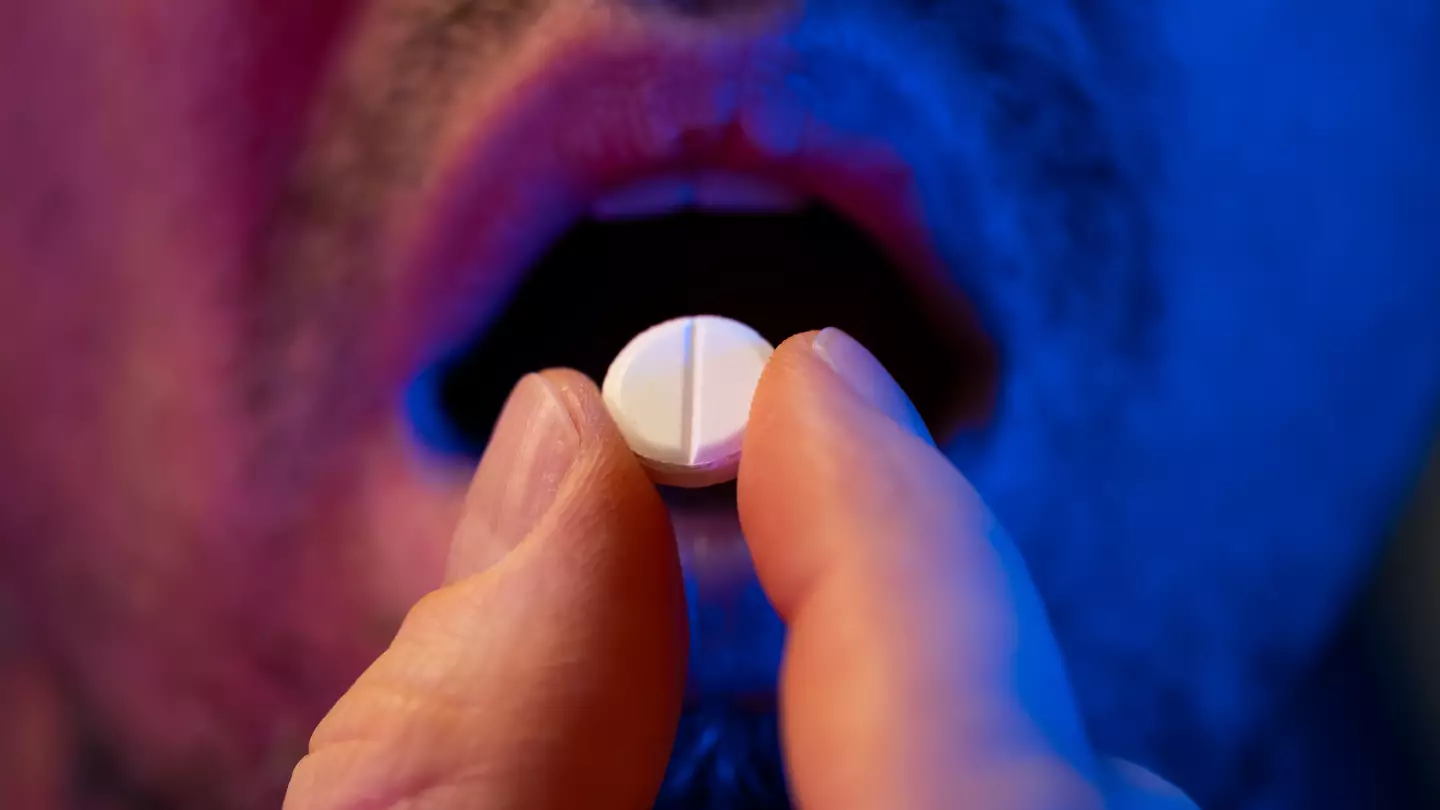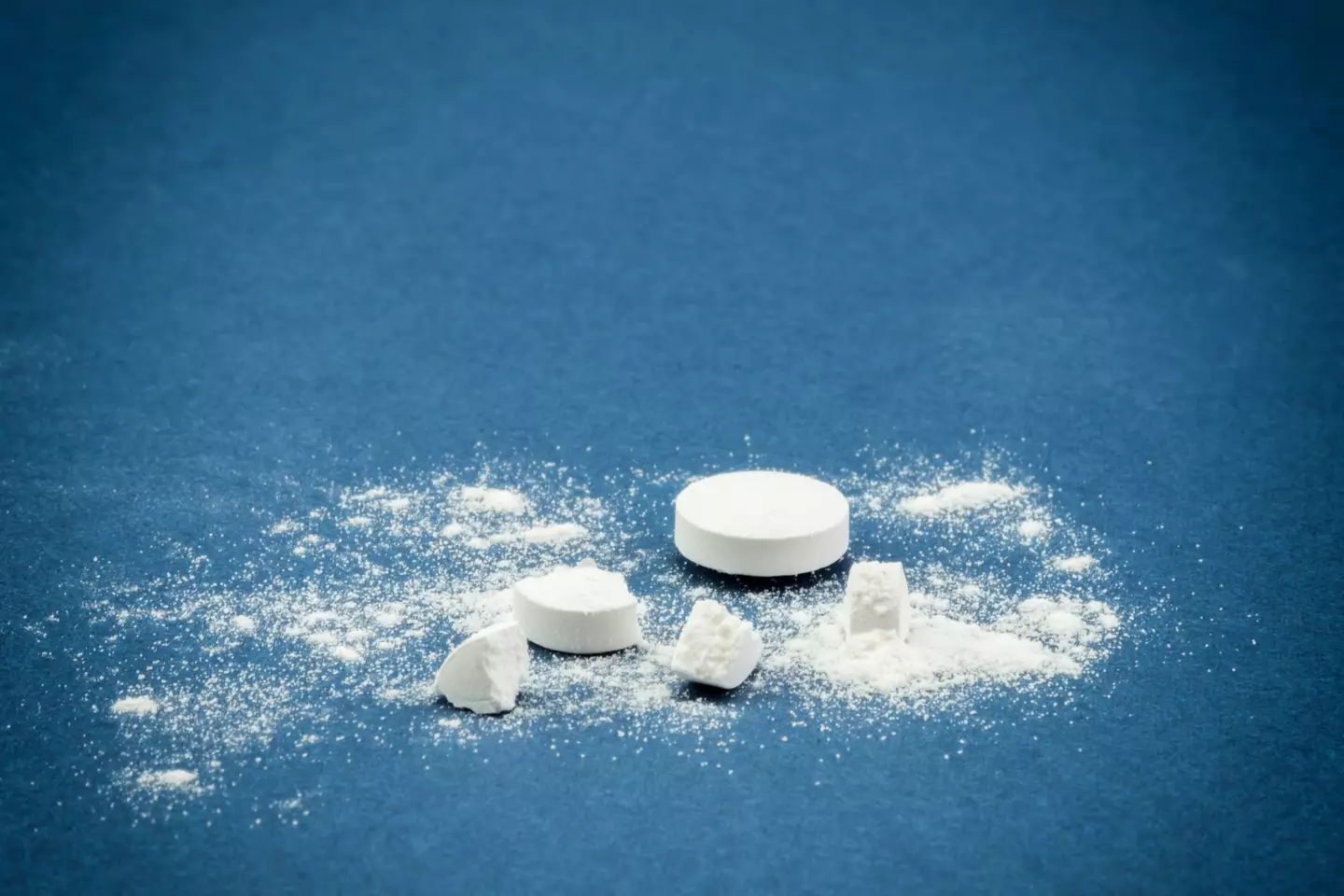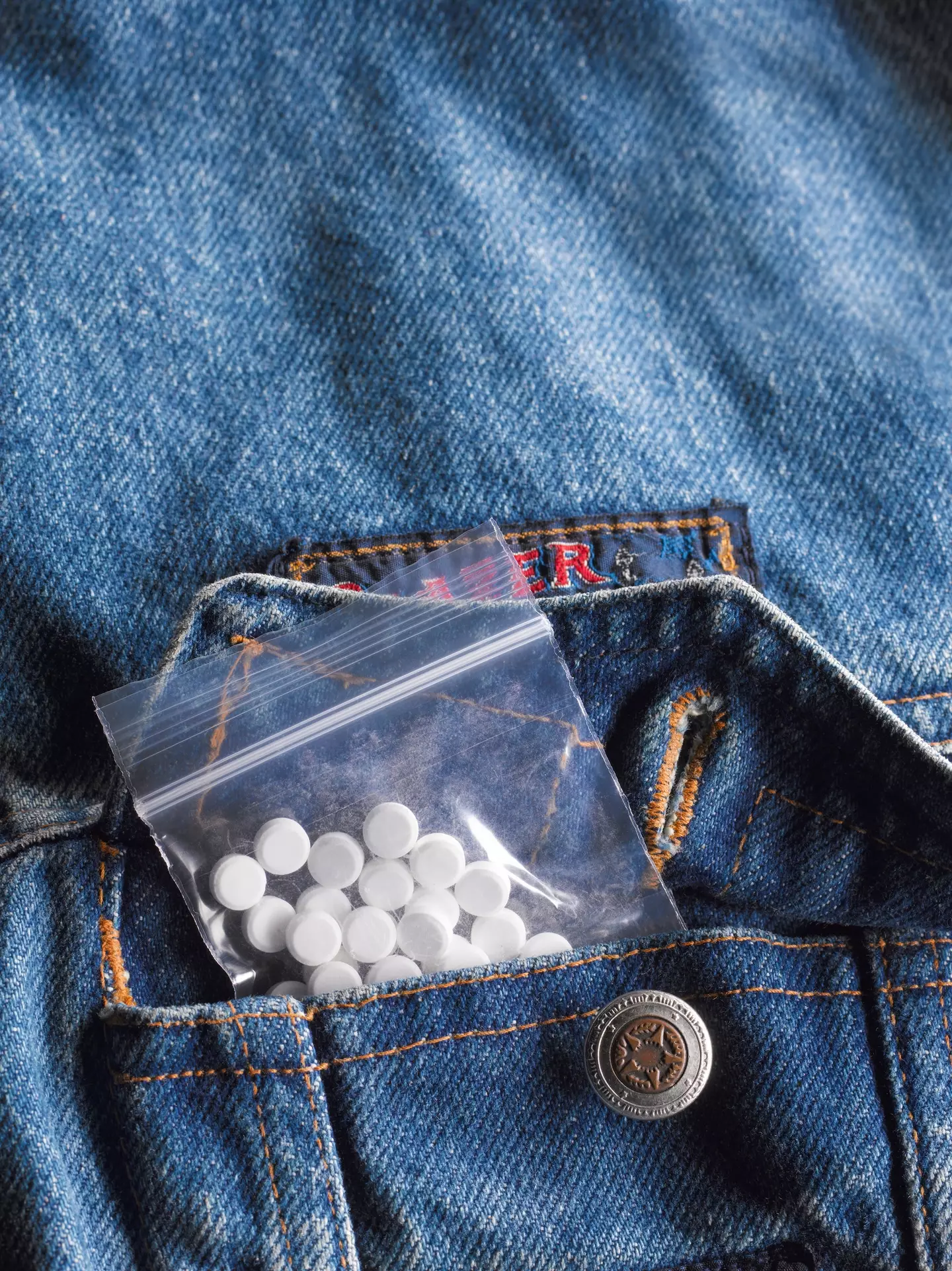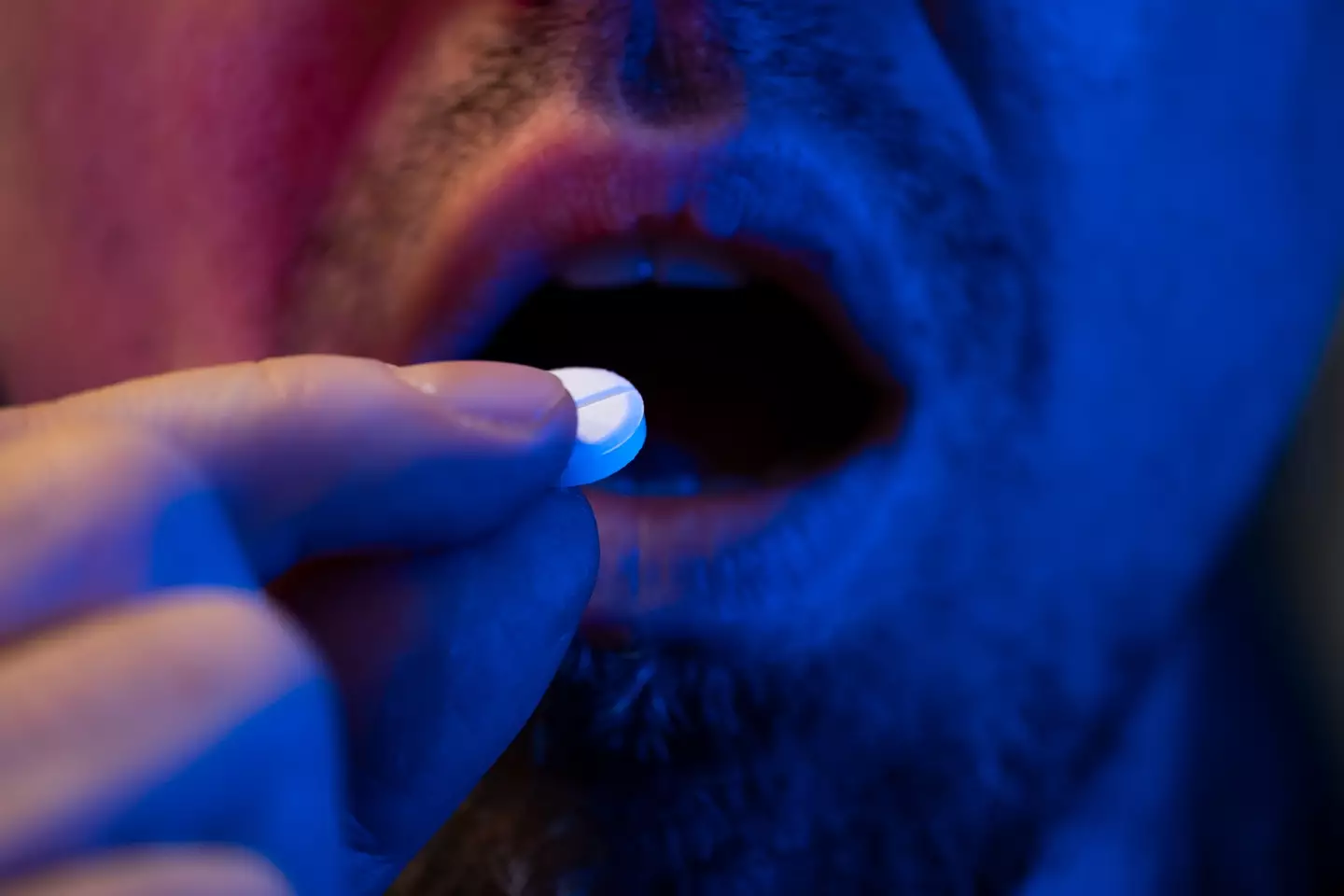
A man who took around 40,000 pills of ecstasy in his twenties ended up suffering some very serious effects from taking so much of the drug over such a condensed amount of time.
He took the drugs between the ages of 21 and 30, ramping up his consumption until he spent the final years of his twenties popping about 25 pills of the stuff a day.
According to IFLScience, ecstasy - also known as MDMA - is placed 'on the lower end of the harm scale' by various studies into the amount of damage multiple drugs do to our bodies.
However, they pointed out that this one man who took around 40,000 pills over a decade of his life was pushing the boundaries when it came to classifying 'excessive amounts' of drug intake.
Advert
A study from 2006 spoke of a man known as 'Mr A', who was 37 at the time and had taken a significant amount of ecstasy in his previous decade.

Man took 40,000 ecstasy pills in nine years - the most ever recorded
The experts at St George's Hospital explained that for the first couple of years of his twenties, he took around five ecstasy pills each weekend, which then ramped up to an average of 3.5 pills a day for the next three years after that.
For the final four years of his twenties, he was taking the gargantuan average of 25 pills a day, and experts estimated that he'd consumed over 40,000.
Advert
"To our knowledge, this is the largest amount of ecstasy lifetime consumption ever described," the experts wrote in their observations on Mr A's situation.
They noted that the previous record for the number of ecstasy pills taken in a lifetime was around 2,000. However, they added that Mr A had provided them with information and his memory had been impaired from taking drugs.
However, notes from another service the man used just after quitting ecstasy supported the figure of around 40,000 pills consumed.

Severe mental and physical damage from withdrawal
As for the toll this all took on his health, Mr A stopped taking drugs after three instances of 'collapsing' at a party.
Advert
For the first few months, it is recorded that he still felt as though he was on ecstasy and kept getting episodes of 'tunnel vision'.
Experts noted that this tunnel vision had not been reported in other cases of ecstasy withdrawal. However, it is worth noting that nobody had ever been recorded as taking as many tablets as Mr A.

Long term effects he suffered after stopping his ecstasy drug use
Once the feeling of still being on the drug had gone, Mr A had 'severe panic attacks, recurrent anxiety, depression, functional hallucinations, and paranoid ideation'.
Advert
A series of tests on his mental health found he had difficulty with short-term memory, struggled to concentrate and was disoriented when it came to time.
They put him through a series of tests where they gave him instructions, and while they found he could perfectly understand what he was being told to do, 'his concentration and attention were so impaired that he was unable to follow the sequence of the tasks required'.
Experts also noted that he suffered from 'muscle rigidity' around his neck and jaw, as taking ecstasy tightens your jaw muscles.
The man had a history of taking other drugs, though by the time he went to St George's Hospital, the only thing he was on was cannabis, and once he quit, he was no longer paranoid or hallucinating, though his other symptoms stuck around.
The dangers of taking ecstasy

Advert
The NHS warns that taking ecstasy repeatedly will deplete serotonin, which is one of the hormones your body uses to feel good, and that without this hormone to regulate 'mood and feelings of wellbeing', a person could develop anxiety or depression.
They also warn that taking the drug can result in 'overheating and dehydration', which means you will need to drink more water, but conversely, drinking too much water can be a danger as ecstasy can cause your body to release a hormone which stops you from producing urine.
If you see someone who has taken ecstasy overheating, fitting, disoriented, agitated, confused, or becoming rigid, then you should call an ambulance.
Topics: Drugs, Health, Mental Health, Science